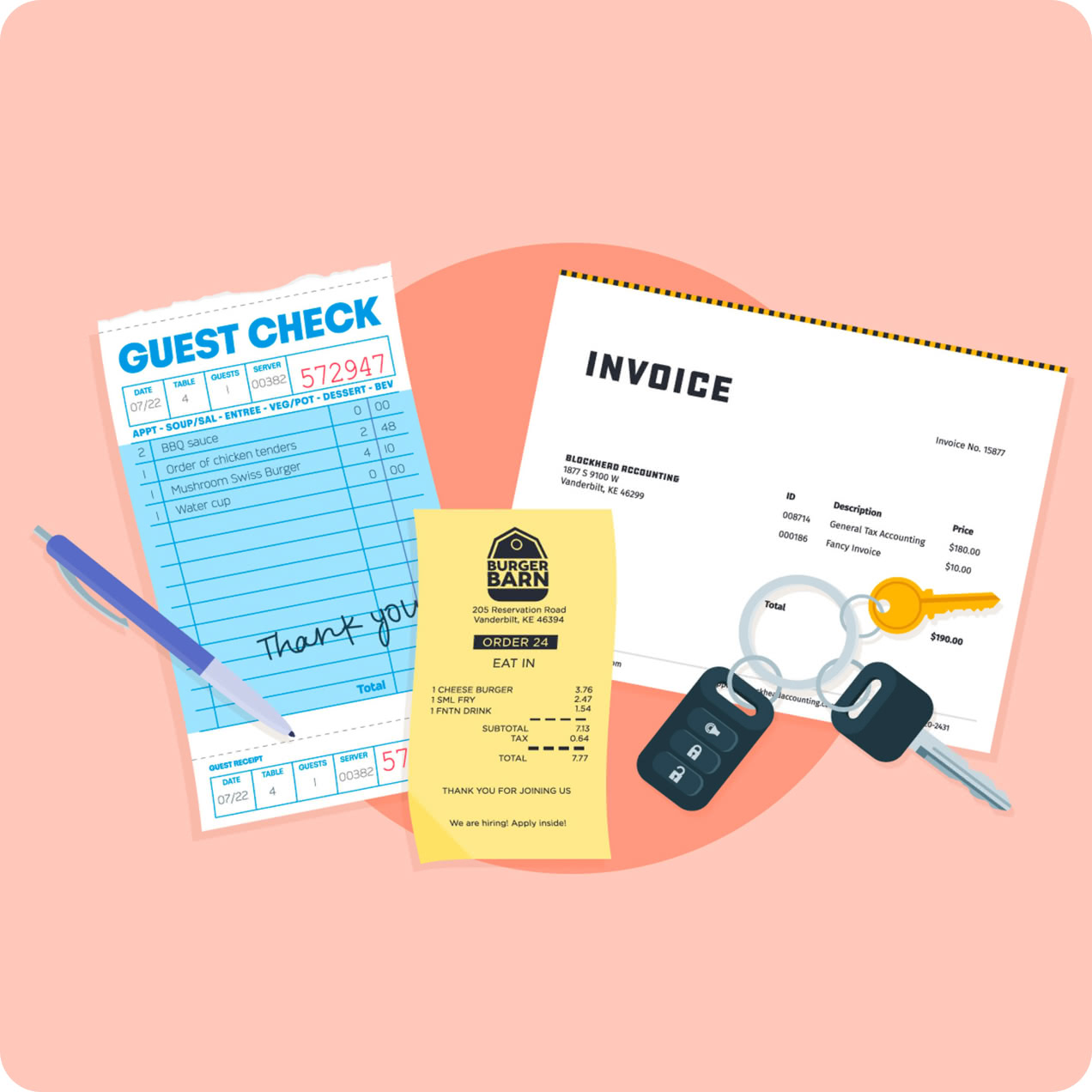1.1: Financial responsibility entails being accountable for managing money to satisfy one's current and future economic choices.
11.1: An informed consumer makes decisions on purchases that may include a decision-making strategy to determine if purchases are within their budget.
13.1: Part of being an informed consumer is knowing how to utilize financial services and risk management tools, as well as comparing consumer lending terms and conditions and reading financial statements.
15.1: Planned purchasing decisions factor in direct (price) and indirect costs (e.g. sales/use tax, excise tax, shipping, handling, and delivery charges, etc.).
19.1: Credit is a contractual agreement in which a borrower receives something of value now and agrees to repay to lender at some later date.
20.1: Debt is an obligation owed by one party to a second party.
2.1: Financial responsibility involves life-long decision-making strategies which include consideration of alternatives and consequences.
21.1: Effectively balancing credit and debt helps one achieve some short and long-term goals.
24.1: A risk management plan can protect consumers from the potential loss of personal and/or business assets or income.
27.1: A comprehensive insurance plan (health, life, disability, auto, homeowners, renters, liability, etc.) serves as a safeguard against potential loss.
4.1: Income sources include job earnings and benefits, entrepreneurship, saving and investment earnings, government payments, grants, inheritances, etc. Workers can experience dramatic income dips and spikes from month to month.
6.1: Financial responsibility includes the development of a spending and savings plan (personal budget).
9.1: Planning for and paying local, state and federal taxes is a financial responsibility.
